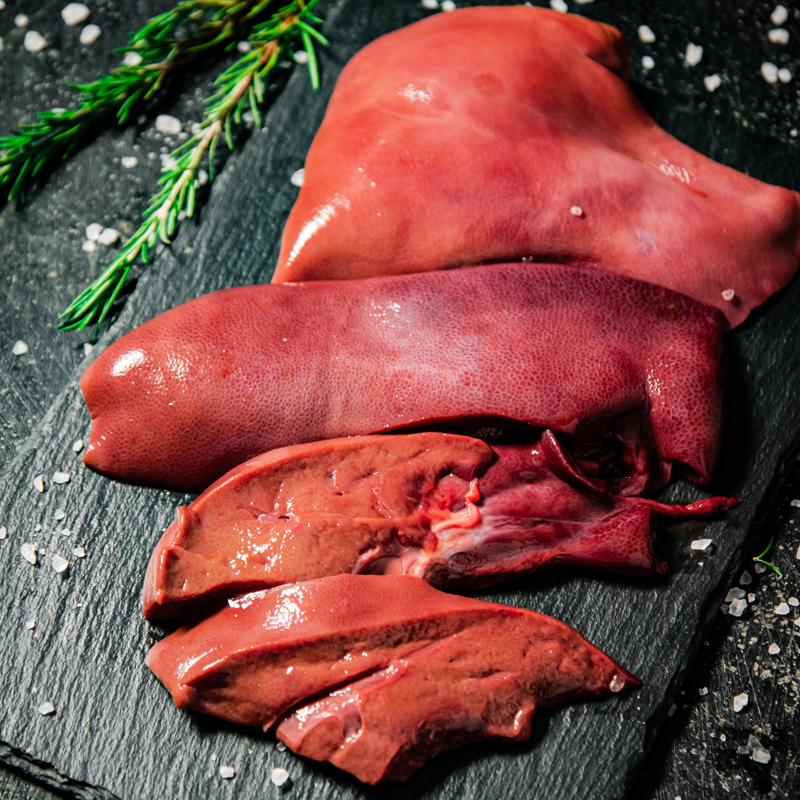
100 gr |
-- |
|
|---|---|---|
| Carbohydrate (gr) | 15.04 |
4928.47 |
| Protein (gr) | 3.59 |
1176.23 |
| Fat (gr) | 12.46 |
4083.43 |
| Fiber (gr) | 1.36 |
445.97 |
| Cholesterol (mg) | 14.64 |
4795.8 |
| Sodium (mg) | 325.27 |
106557.75 |
| Potassium (mg) | 392.16 |
128471.4 |
| Calcium (mg) | 78.15 |
25603.27 |
| Vitamin A (mg) | 46.04 |
15084.01 |
| Vitamin C (mg) | 6.16 |
2019.31 |
| Iron | 0.62 |
203.1 |
Goose liver is a prized ingredient in gourmet cuisine, particularly in French culinary traditions, where it is used to prepare foie gras. This dish is known for its smooth, buttery texture and rich flavor, making it a delicacy in fine dining. However, it is extremely high in fat and calories, which can make it heavy on digestion. Due to its richness, foie gras is typically served in small portions, often accompanied by toasted bread, fruit preserves, or a sweet wine to balance its intense taste.
The calories in goose liver are 133 calories per 100 grams.
While many food enthusiasts appreciate its luxurious texture and depth of flavor, health-conscious individuals and those with dietary restrictions should consume it in moderation. The high cholesterol and saturated fat content make it unsuitable for individuals with heart conditions or those following a low-fat diet.
Despite these concerns, foie gras remains a staple in high-end gastronomy and continues to be enjoyed as a special-occasion treat worldwide.